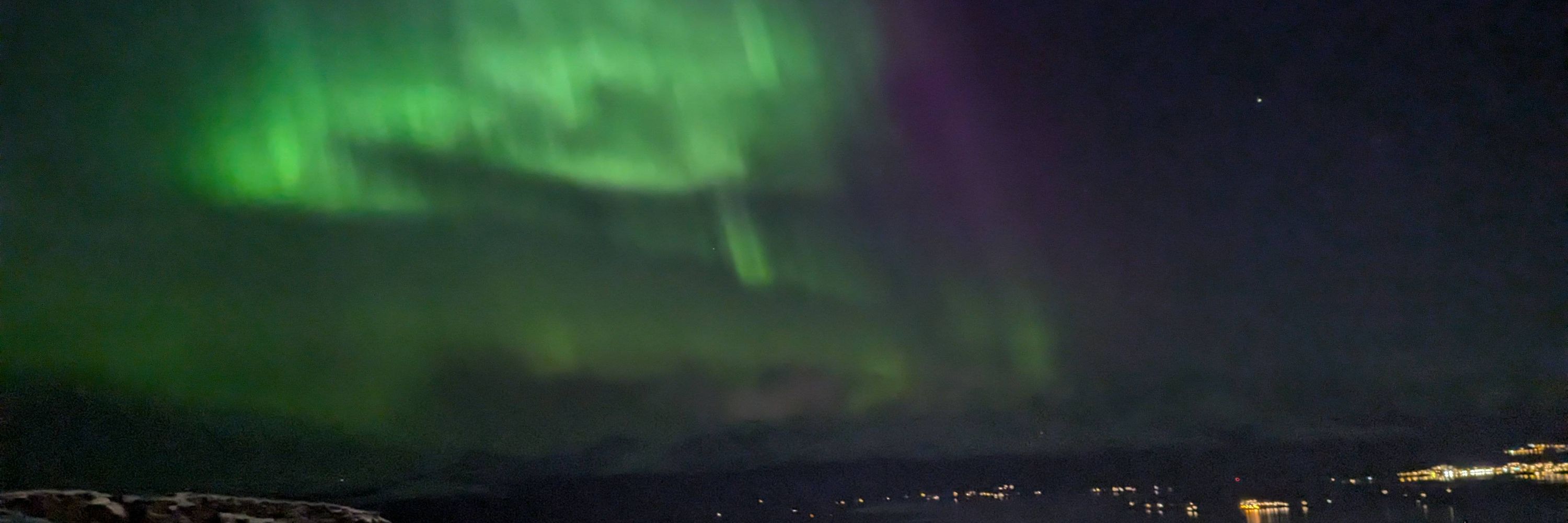
My email inbox is now open to pitches! Send me your big-swing feature ideas about science's emerging research, disruptive discoveries or high-impact applications
📧 jacklin.kwan@newscientist.com

How can something so familiar still be so mysterious? Luckily this excellent feature by Carissa answers the questions I've been too scared to ask 🙏
My latest cover story looks at how it could be a secret ingredient in treating some major health conditions from Alzheimer's disease to cancer.
www.newscientist.com/article/2499...

How can something so familiar still be so mysterious? Luckily this excellent feature by Carissa answers the questions I've been too scared to ask 🙏

So much of physics seems to revolve around measuring constants to an eye-watering precision. This feature really made me appreciate how these numbers connect to nature
www.newscientist.com/article/2498...

So much of physics seems to revolve around measuring constants to an eye-watering precision. This feature really made me appreciate how these numbers connect to nature
www.newscientist.com/article/2498...


From light echoes to backwards explosions, what can we learn from these unusual superluminal events?
Story by me in @newscientist.com
www.newscientist.com/article/2495...

From light echoes to backwards explosions, what can we learn from these unusual superluminal events?
Story by me in @newscientist.com
www.newscientist.com/article/2495...
These illusions are helping us study the big lights in the sky
Amazing reporting by @astrojonny.bsky.social
www.newscientist.com/article/2495...
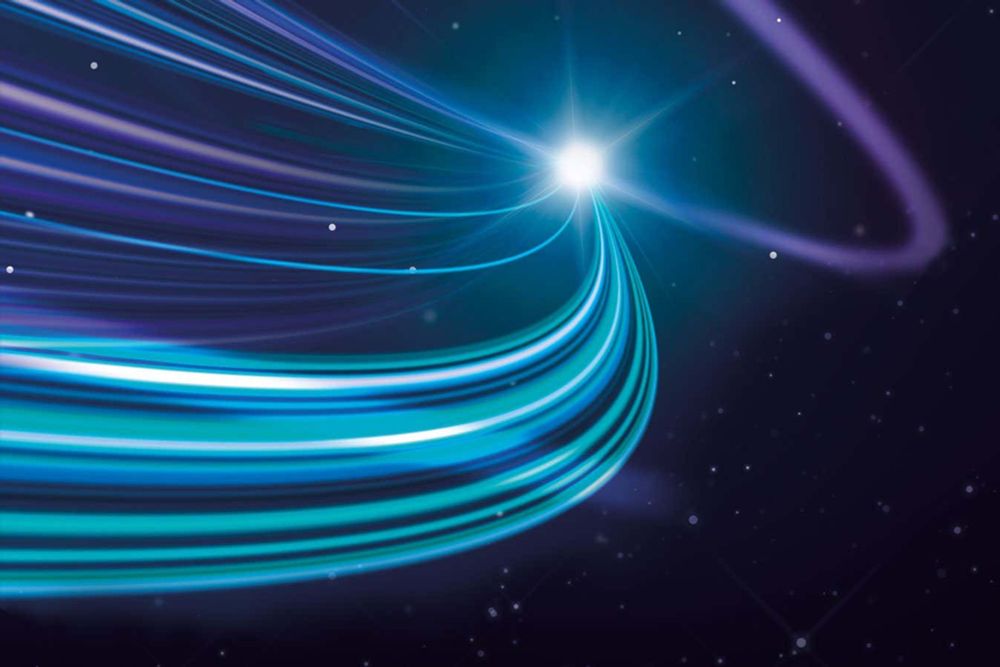
These illusions are helping us study the big lights in the sky
Amazing reporting by @astrojonny.bsky.social
www.newscientist.com/article/2495...
Not too late to find out how scientists are mapping the hidden quantum world inside materials ▶️ bit.ly/47NEx6Z

Not too late to find out how scientists are mapping the hidden quantum world inside materials ▶️ bit.ly/47NEx6Z
Had the pleasure of working with the brilliant @kpc.bsky.social for my first cover for @newscientist.com ⚛️
www.newscientist.com/article/2494...

Had the pleasure of working with the brilliant @kpc.bsky.social for my first cover for @newscientist.com ⚛️
www.newscientist.com/article/2494...
Ever since I began communicating science, I was fascinated by why non-physicists felt drawn to quantum mechanics. To answer that question, I did a deep dive in the Scientific American's archive ⬇️

Ever since I began communicating science, I was fascinated by why non-physicists felt drawn to quantum mechanics. To answer that question, I did a deep dive in the Scientific American's archive ⬇️
Luckily @libor-s.bsky.social explains to me why magnets are as elegant as they are confusing for @newscientist.com
www.newscientist.com/article/2487...

Luckily @libor-s.bsky.social explains to me why magnets are as elegant as they are confusing for @newscientist.com
www.newscientist.com/article/2487...


physicsworld.com/a/the-quantu...
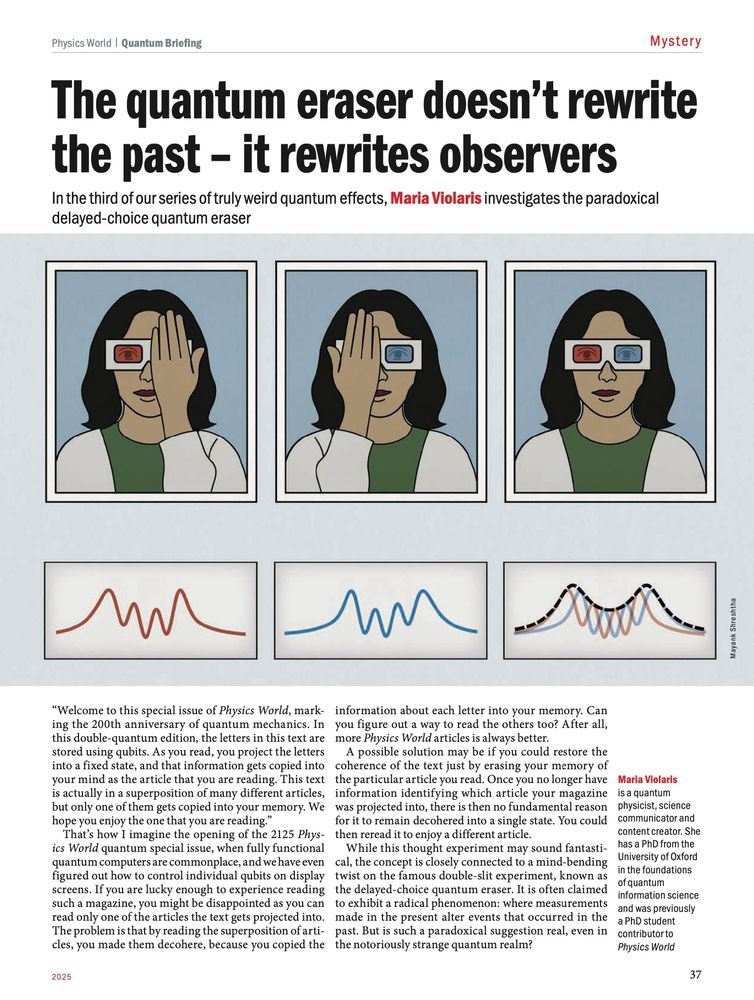
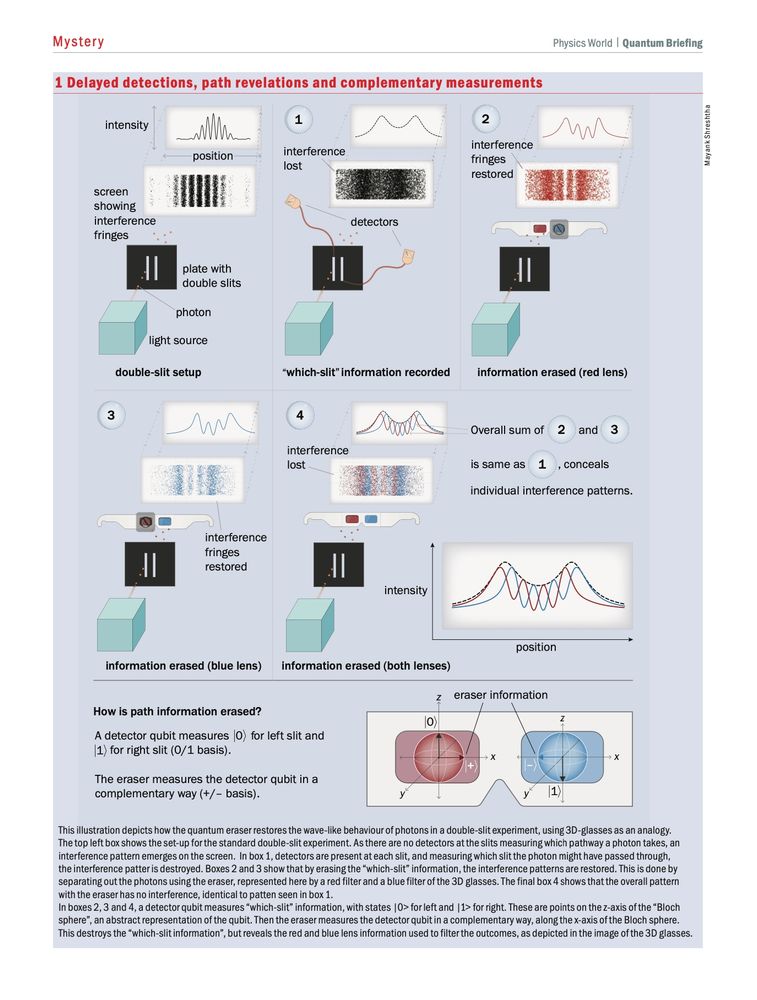
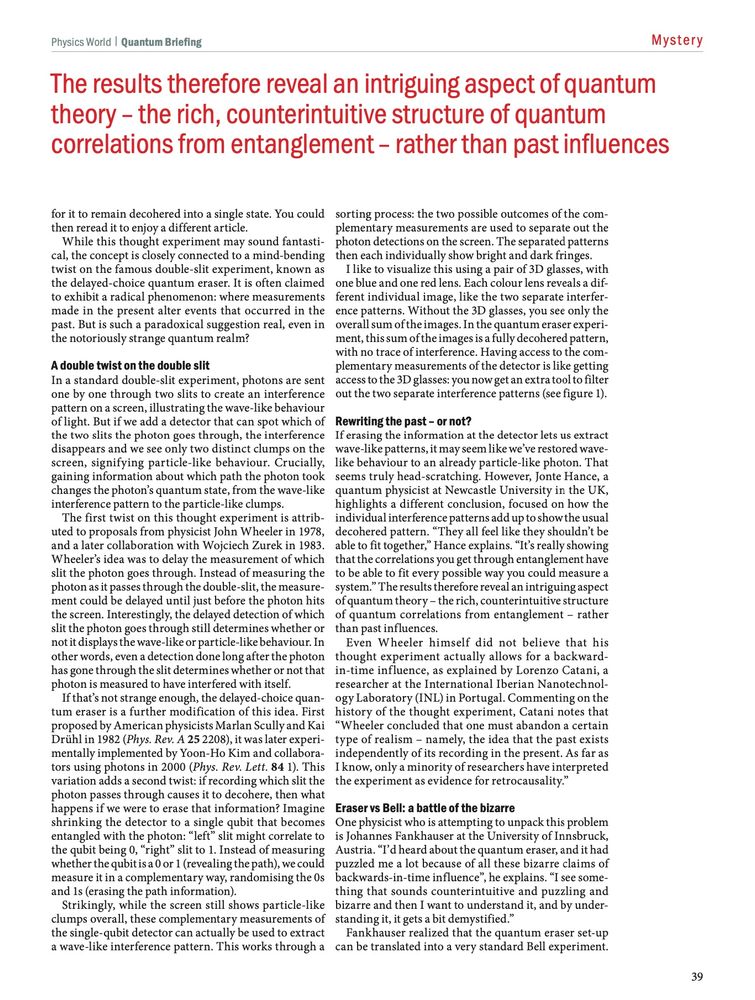
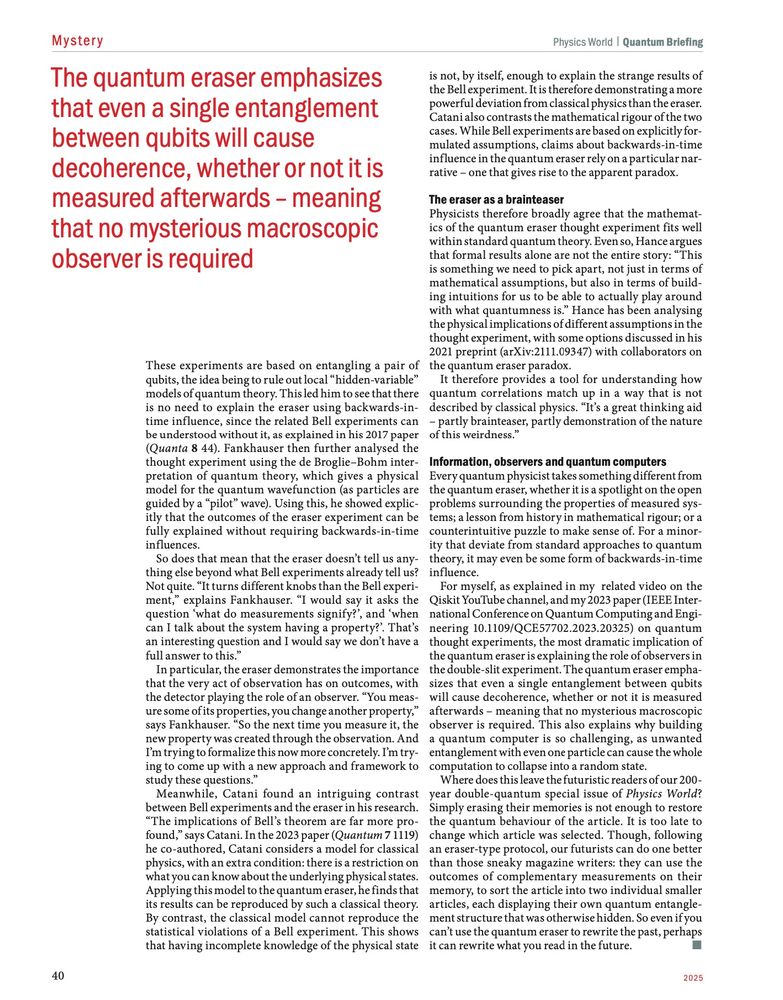
physicsworld.com/a/the-quantu...

My email inbox is now open to pitches! Send me your big-swing feature ideas about science's emerging research, disruptive discoveries or high-impact applications
📧 jacklin.kwan@newscientist.com
My email inbox is now open to pitches! Send me your big-swing feature ideas about science's emerging research, disruptive discoveries or high-impact applications
📧 jacklin.kwan@newscientist.com
I should probably avoid cliches (esp in my new editor role) but it really is a dream come true! I start next week, so watch this space 👀

I should probably avoid cliches (esp in my new editor role) but it really is a dream come true! I start next week, so watch this space 👀
www.livescience.com/planet-earth...
by @jacklinkwan.bsky.social for Live Sciences
#PlantScience

www.livescience.com/planet-earth...
by @jacklinkwan.bsky.social for Live Sciences
#PlantScience
For the first time ever, researchers recorded rig sharks making loud clicking sounds underwater. It might be a stress signal, a defence tactic… or just their teeth snapping shut
My latest for @livescience.com ⬇️
www.livescience.com/animals/shar...

For the first time ever, researchers recorded rig sharks making loud clicking sounds underwater. It might be a stress signal, a defence tactic… or just their teeth snapping shut
My latest for @livescience.com ⬇️
www.livescience.com/animals/shar...
Then it happened again.
And again.
Story in @science.org on some questions about the origins of H5N1 in cows… 🧪
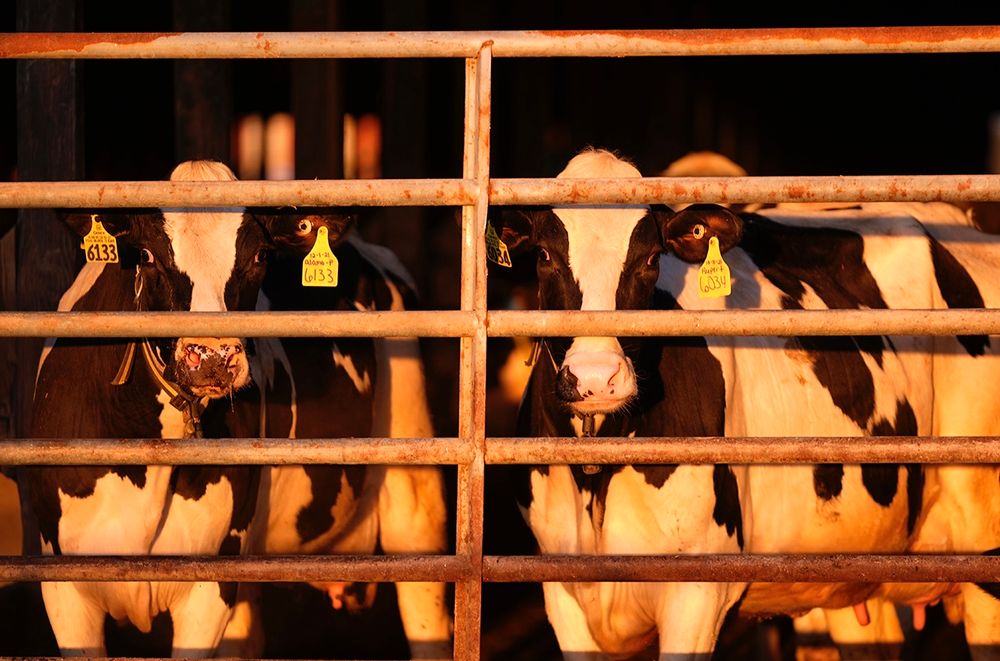
Then it happened again.
And again.
Story in @science.org on some questions about the origins of H5N1 in cows… 🧪
www.kqed.org/forum/201010...

www.kqed.org/forum/201010...
23andMe sells a story about personal heritage, told through genetics... But reality is often more subjective & politicised than they let on
Palestinian identity in 23andMe 🇵🇸🔽
www.wired.com/story/23andm...

23andMe sells a story about personal heritage, told through genetics... But reality is often more subjective & politicised than they let on
Palestinian identity in 23andMe 🇵🇸🔽
www.wired.com/story/23andm...
The approach could find a home in nuclear security & disaster response. Always a joy to cover nuclear detection for @physicsworld.bsky.social
physicsworld.com/a/co2-laser-...

The approach could find a home in nuclear security & disaster response. Always a joy to cover nuclear detection for @physicsworld.bsky.social
physicsworld.com/a/co2-laser-...


